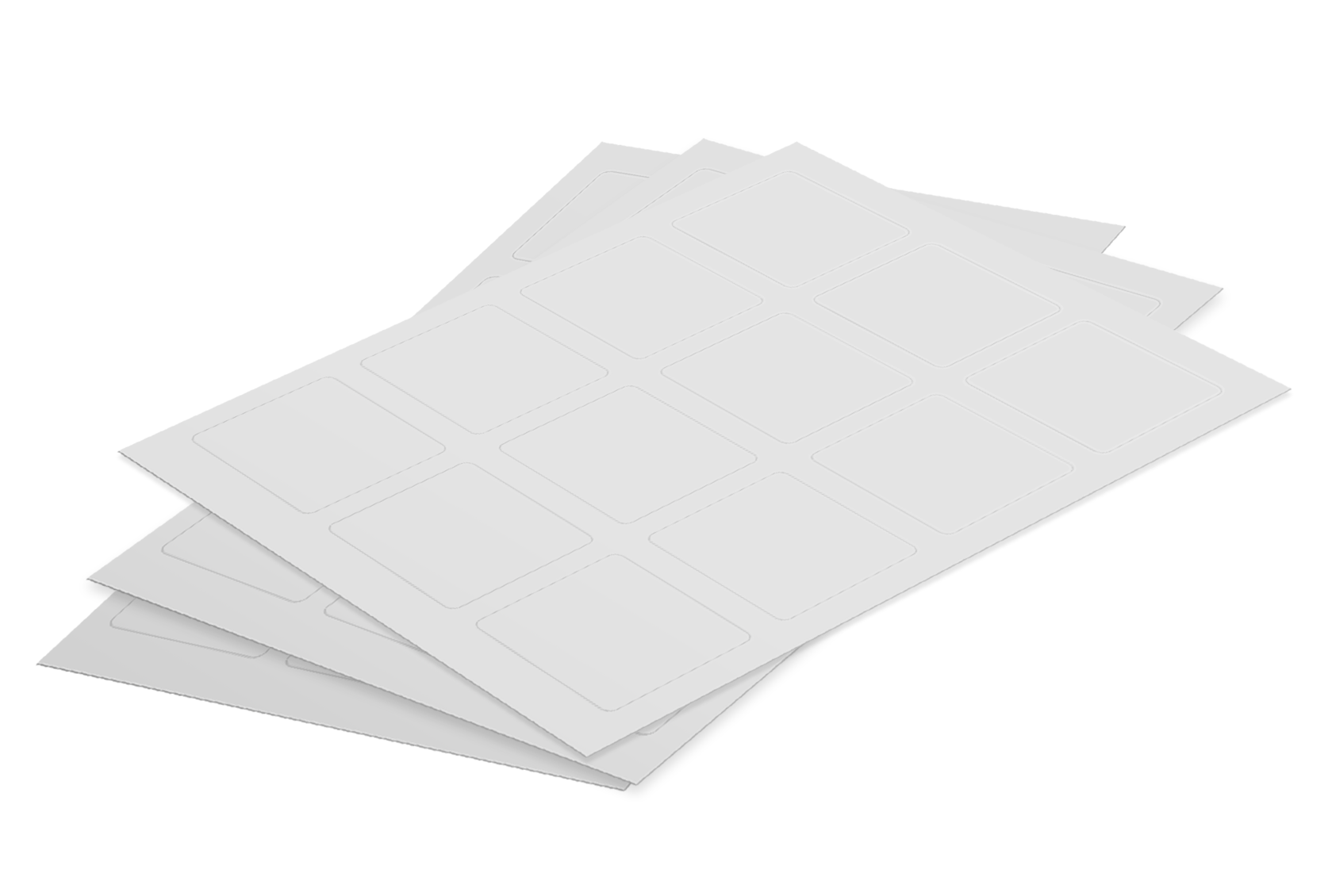All Concerning Space Labels: The Ultimate Option for Your Personalized Classifying Requirements
In the world of customized labeling, blank tags stand out as an extremely functional service that accommodates a broad range of business requirements. From item recognition to compliance-driven applications in various markets, these unmarked sticky materials provide an adaptable canvas for creative thinking and feature. With a substantial choice of products, shapes, and dimensions readily available, organizations can tailor their labeling methods to improve both brand name identity and functional performance. Nonetheless, real potential of empty labels commonly goes unacknowledged. What considerations should one bear in mind when exploring this adjustable option?
Recognizing Space Labels
What do we indicate by empty labels, and why are they considerable in various contexts? Space labels are unprinted adhesive products that can be customized for a range of applications throughout different markets.
The ability to publish on blank tags permits tailored services that satisfy particular demands. Services can use them for classifying items with one-of-a-kind barcodes, active ingredients, or expiry dates, guaranteeing compliance with policies and improving traceability. In retail, empty tags can assist in vibrant pricing strategies, enabling for easy updates as market conditions transform.
In addition, blank tags are essential for individuals that need customized options for home company, occasion preparation, or do it yourself jobs - Blank Labels. The simplicity of printing on demand equips individuals to produce labels that show their specific demands, advertising performance and clarity. In general, recognizing empty labels emphasizes their importance in helping with reliable communication and company across varied applications
Kinds of Space Labels
Classifying empty tags discloses a diverse series of choices customized to fulfill various requirements across numerous industries. These tags come in different products, shapes, dimensions, and adhesive kinds, enabling a tailored method to labeling.
First, the product used for blank labels can consist of paper, plastic, polyester, or even material, each offering certain advantages such as toughness, weather condition resistance, or eco-friendliness (Blank Labels). Paper labels are typically used for indoor applications, while vinyl and polyester are better suited for outdoor or high-moisture atmospheres
In regards to sizes and shape, blank labels are offered in common layouts like rectangular shapes and circles, in addition to customized forms to fit one-of-a-kind demands. This adaptability improves their applicability throughout various industries, from retail to manufacturing.
Adhesive types likewise vary, with options consisting of long-term, detachable, and repositionable adhesives. Long-term adhesives offer a solid bond for long-term usage, while removable choices enable simple application and elimination without leaving residue. Repositionable tags provide flexibility for modifications throughout the labeling procedure.
Applications and Makes Use Of

In the medical care field, empty labels are crucial for labeling medications, specimen containers, and clinical Get More Information tools, guaranteeing conformity with security and governing standards. In a similar way, universities make use of blank labels for arranging classroom materials, trainee projects, and event signs, promoting an arranged understanding atmosphere.
Additionally, in the food and beverage industry, blank tags enable companies to offer important information pertaining to active ingredients, nutritional truths, and expiry dates, ensuring openness and compliance with food safety and security regulations. Craft and hobby fields benefit from blank labels too, enabling people to customize products or create personalized gifts.
Benefits of Customized Labels
Custom tags offer substantial advantages that improve branding, communication, and efficiency throughout various applications. By permitting businesses to individualize their labels, customized choices promote an unique brand identification that stands apart in a congested market. This differentiation is important for bring in consumers and constructing brand commitment.

On top of that, personalized labels boost functional performance. By utilizing blank labels that can be published on-demand, services can quickly adjust to changing stock, seasonal promos, or regulative requirements. This versatility minimizes waste and reduces costs connected with overproduction or stockpiling obsolete labels.
Furthermore, the ability to develop labels in various forms, dimensions, and materials makes sure that they satisfy particular application requirements, whether for packaging, shipping, or company. Eventually, the advantages of customized labels not only improve brand exposure yet likewise simplify processes and boost general consumer experience, making them an important tool for any business.
Tips for Designing Labels
When starting the style of labels, consider the relevance of quality and aesthetic appeal to successfully interact your brand name's message. Begin by choosing a suitable format that aligns with your product's measurements and target audience. A well balanced style makes sure that important info is noticeable without frustrating the visitor.
Following, pick a shade scheme that reflects your brand identification. Colors evoke emotions and can dramatically affect consumer habits. Dynamic colors might bring in attention, while muted tones may share style. Ensure that your message contrasts well with the history for simple readability.
Typography additionally plays a critical role in label layout. Select font styles that are clear and resonate with your brand name's personality. Restriction the variety of different typefaces to keep a cohesive appearance.
Incorporate high-grade images or graphics that enhance your item's charm. Make sure that these visuals are appropriate and professional, as they can make or break the tag's efficiency.
Final Thought
In verdict, empty labels serve as a flexible and efficient solution for a myriad of labeling needs across different industries. By using diverse products, forms, and glue types, businesses can produce customized tags that satisfy certain demands.